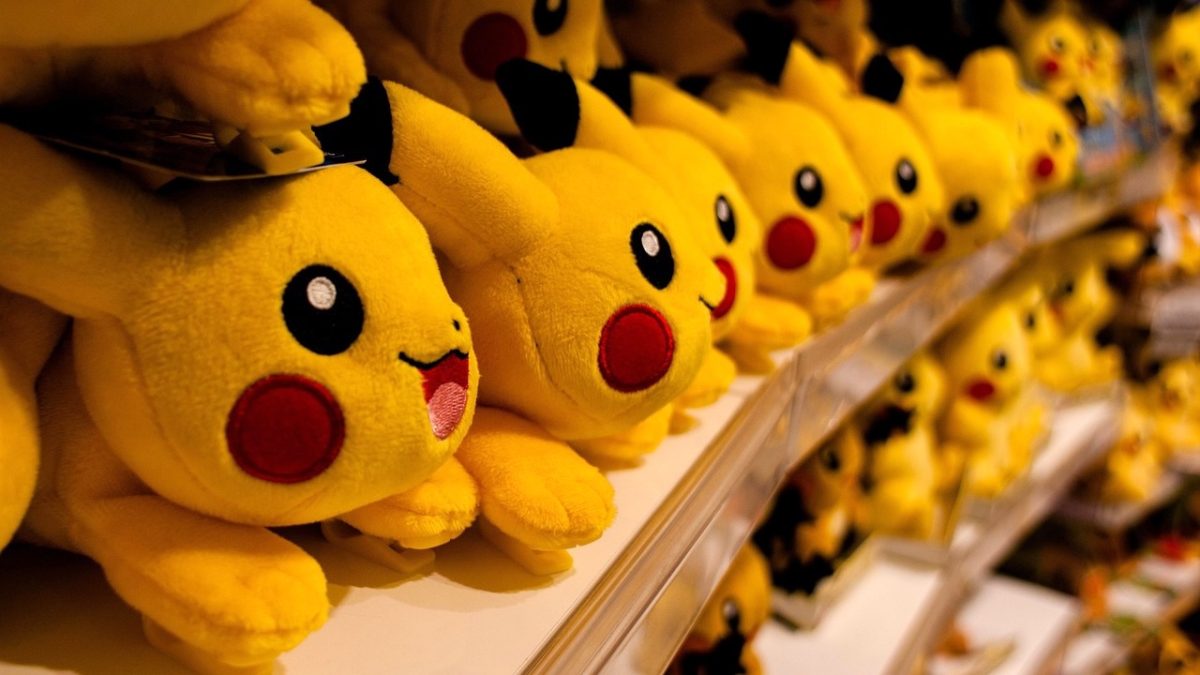When University trustees are spotted using iPads or laptops at meetings, they’re not surfing the web or playing games – they’re “going green.”
In an effort to increase efficiency and cut costs and waste, the University’s Board of Trustees is eliminating paper agendas from its meetings.
Starting at its Feb. 24 meeting, trustees will bring their own iPads or laptops to access full copies of online agendas.
Bill Primrose, board chair, announced the decision at the board’s December meeting. Several trustees, including Primrose, brought iPads to the meeting to “test run” the initiative.
“I didn’t even bring my hard copy [of the agenda] and it went absolutely great,” he said. “The digital format was very well done.”
The switch will yield three benefits: online storage will make accessing archives easier, while also saving costs and the environment, Primrose said.
“Everything about this is positive,” he said. “I think the board is very progressive in it’s thinking, and it was pretty easy to move forward with this.”
Pat Pauken, board secretary, said Primrose initially suggested going paperless when selected as board chair.
When Pauken witnessed a simulated paperless meeting at a national conference this past summer, he brought the knowledge back to the University. Primrose’s idea became a reality.
“When I came back, some of the internal conversations started,” he said. “We all knew we had that technology at BGSU and we could use it to print responsibly for environmental concerns and also to save money.”
Some past meeting agendas numbered about 250 pages, Pauken said.
“If you multiply that by 11 trustees and other constituent groups that receive agendas, there’s no question that we were printing a lot of pages,” he said. “Having trustees bring their own iPads or laptops is much more efficient.”
Eliminating printouts will most likely save the board a few thousand dollars per year in printing, paper and mailing costs, Pauken said. Specific saving amounts are not yet available.
“The real goodness is in storing and archiving, which will make records much more easily accessible,” Pauken said. “Because of that, we will reduce our waste and won’t have to worry about storing or recycling, which is exciting from a ‘green’ aspect, too.”
Nick Hennessy, the University’s sustainability coordinator, said paperless board meetings will certainly impact the environment in a positive way.
Paper products account for more than 40 percent of all landfill waste, he said.
“There usually isn’t a day that goes by that we don’t use some type of paper, a huge portion of which gets thrown out,” Hennessy said. “Recycling is the second best alternative; what’s far better is to reduce paper usage in the first place. This will cut waste in a huge way, especially because of the board’s huge agendas.”
The paperless meetings are also significant because they coincide with University President Mary Ellen Mazey’s recent decision to join the American College and University Presidents’ Climate Commitment, he said.
The group is an effort to address carbon footprints on college and university campuses. It was created in 2007 and currently includes 650 schools that have pledged to set sustainable examples for society.
“I think [the paperless meetings are] fantastic, and it’s certainly a very green thing for the board to do,” Hennessy said. “For them to lead by example so positively, in such a sustainable way, is a great thing for everyone else to try to emulate, especially at this point in time. “
Beau Slater, one of the board’s student trustees, expressed similar feelings.
“This is a big step forward for the board, and going green is something students are very passionate about at BGSU,” he said. “I think this will set a great example … and hopefully will spur other organizations – especially student organizations – to go paperless as well.”













